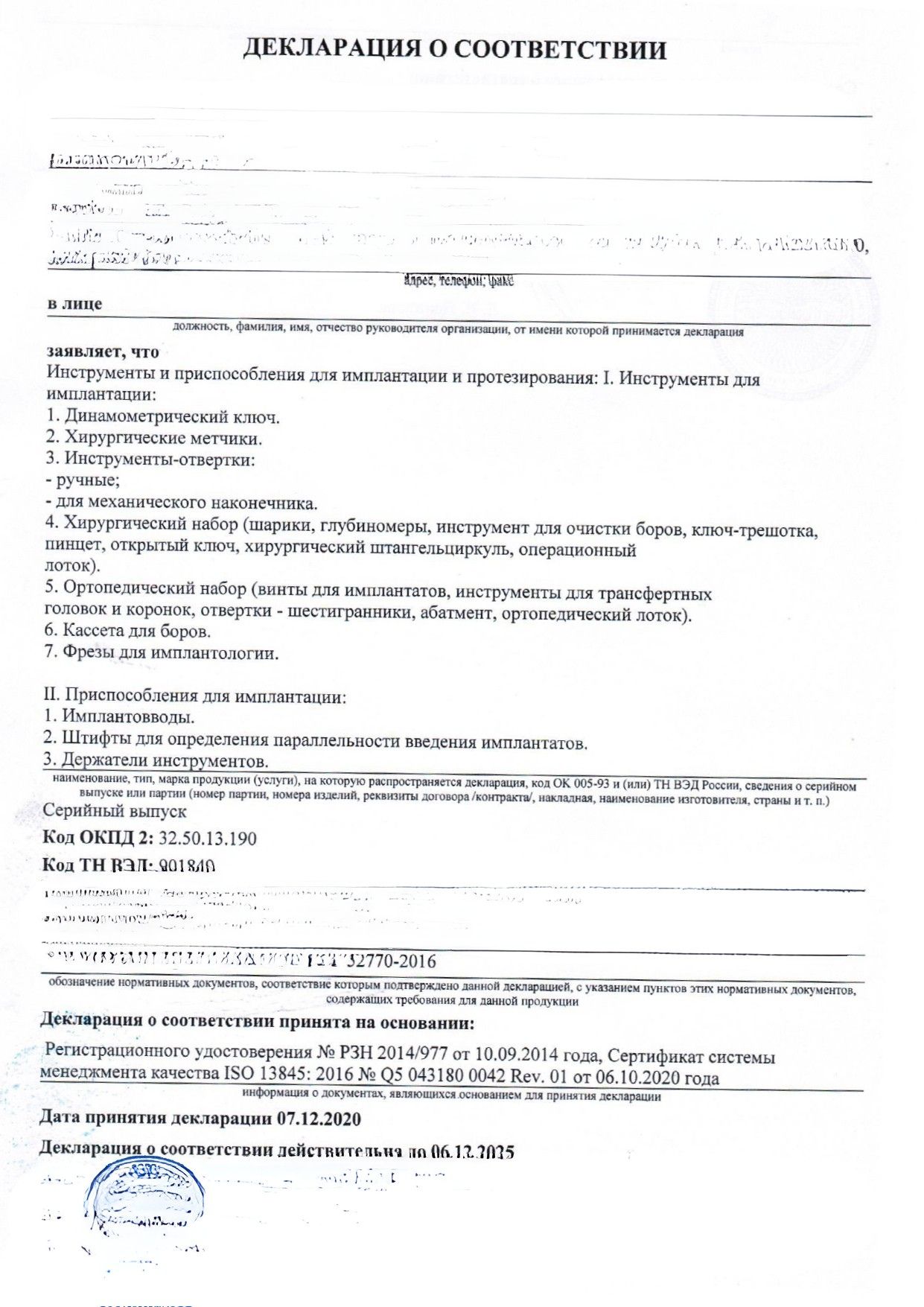This certification once seemed destined to disappear, but in reality the GOST R Declaration is still being registered — and more often than you might think.
What is a GOST Declaration?
The GOST R Declaration of Conformity was originally defined under Federal Decree No. 982 of December 1, 2009 («О едином перечне продукции, подлежащей обязательному подтверждению соответствия»). This decree listed products subject either to mandatory certification or to a declaration of conformity within the Russian national system.
Today, however, most of the products once covered by this decree are now regulated under the EAC Marking rules. Only a limited number of categories still fall under the GOST R Declaration system, such as:
- Certain cleaning products not covered by the Certificate of State Registration.
- Some food categories.
- Household items and cookware.
- Specific components and instruments used in dental implantology.
- Certain types of pipes and fittings.
What documents are required?
In most cases, testing in Russia is not required. Instead, the declaration is issued on the basis of the manufacturer’s technical documentation (test reports, manuals, datasheets) together with quality system documentation (e.g., ISO QMS certificates, if available).
How long is it valid?
GOST R Declarations of Conformity are usually issued either:
- For a single contract (most common in the case of food products and cleaning goods), or
- With a validity of up to 5 years for serial production.
GOST R Declaration or Exemption Letter?
This is a somewhat “grey area,” since both documents may be accepted by Customs for clearance purposes. In fact, the original spirit of the decree mentioned above was to reduce the scope of mandatory certification, which aligns with the use of exemption procedures such as the Exemption Letter or the Negative Decision.
The main advantage of a GOST Declaration is that it is issued by a certification body on the basis of the manufacturer’s documentation (including quality system certificates, when available). In the two exemption procedures, no such review takes place.
Our recommendation is to follow the importer’s preference or, when possible, obtain both documents. Their costs are relatively modest, and having both provides added legal certainty when clearing goods through Customs.
Free Certificates Review
- Validation of your current certificates
- Regulatory update check
- Guidance on renewal
